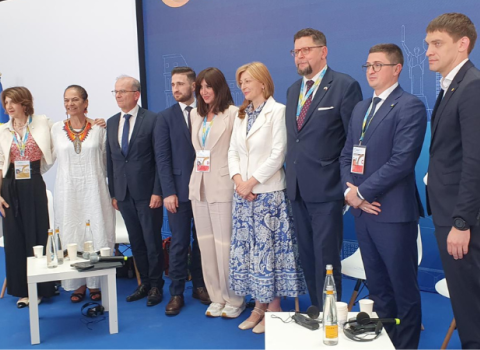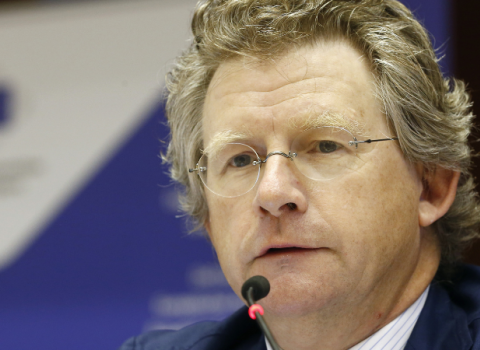Patients can play active role in shaping drug development and treatment goals, but they need intelligible information to do so
A survey of patient and carer organisations has found strong demand for information on cancer treatments, with 99 per cent of respondents saying patients want to know how treatments work, and 91 per cent that patients need more information about the science of managing cancer.
“An exciting new wave of cancer treatments is emerging out of the rapidly-advancing scientific concepts about cancer,” said Alex Wyke CEO of PatientView, which carried out the study the study for Astra Zeneca. “Yet, in the face of the advance, cancer patient information remains stubbornly hard for ordinary people to digest.”
The results of the survey show that patients and their families believe they would be better equipped to choose treatments if they have a fundamental understanding of the basic science behind cancer medicine, according to Wyke.
At present, patients faced with a choice between surgery, chemotherapy and radiotherapy may struggle to make informed decisions due to the complexity of the treatments and the lack of clarity about the likely outcomes of each option.
Intelligible information, “Will empower people with cancer to communicate more effectively with doctors, nurses, and all the other health professionals,” Wyke said.
Patients can play a central role in determining what kinds of outcomes are most valued by the health system, she told Healthy Measures.
“From our discussion with patient organisations we’re finding that there has been a big shift over past four to five years of patients wanting to be more involved in R&D,” said Wyke. “They want to have more say about the types of outcomes that might be valuable to them – in addition to the outcomes that clinicians might prioritise.”
What patients want
Nicholas Brooke of Patient Focused Medicine (PFMD), a coalition of patient groups and medicines companies, says patient and expert expectations from healthcare are not always perfectly aligned.
As the patients are the end users of medicines and healthcare, they should be consulted as equal partners, he told Healthy Measures. “There is an increasing interest in involving patients and the public in the R&D of medicines development, in planning of clinical trials and in designing ways for more patient involvement in taking care of themselves, but we are still at the very beginning of this thinking and more needs to be done.”
Brooke says patient engagement has been shown to improve medicines development by increasing the quality of research, boosting clinical trial recruitment and setting outcome measures. However, there is no consensus on how to engage with patients at various stages of medicines development and patient pathways.
“To address this gap, PFMD is inviting stakeholders together to start building on the knowledge that already exists and to co-create a patient engagement meta-framework that involves patients as partners,” he said.
One of the goals is to develop a toolkit for healthcare providers, researchers and others who work with patients, to foster reliable, efficient and measurable engagement.
The organisation is mapping existing initiatives in this field, including national, regional and global projects.
Read more from PFMD:
- PFMD white paper
- Partnering with Patients in the Development and Lifecycle of Medicines: Acall for action publication
- Culture and Process Change as a Priority for Patient Engagement in Medicine Development






 A unique international forum for public research organisations and companies to connect their external engagement with strategic interests around their R&D system.
A unique international forum for public research organisations and companies to connect their external engagement with strategic interests around their R&D system.